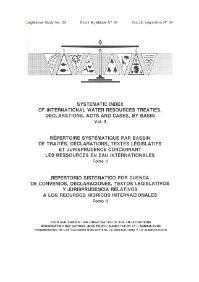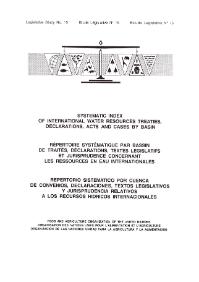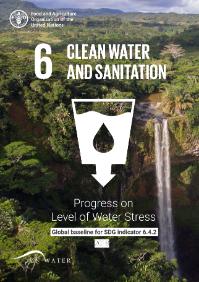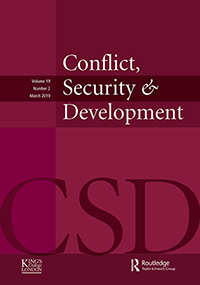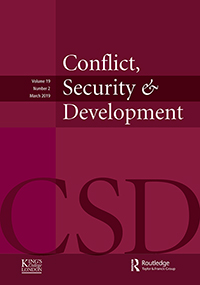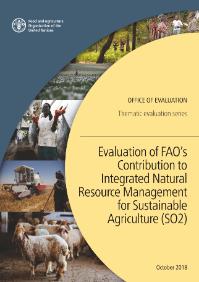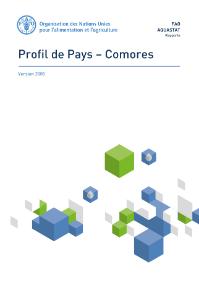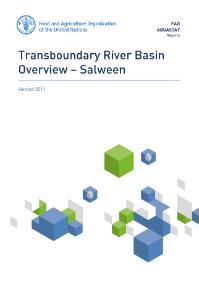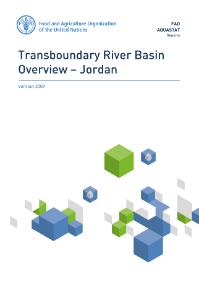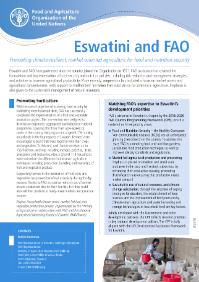Systematic index of international water resources treaties, declarations, acts and cases, by basin Vol. II
In 1978 the Food and Agriculture Organization of the United Nations (FAO) published a Systematic Index of International Water Resources Treaties, Declarations, Acts and Cases by Basin (Legislative Study No. 15). The Index covered some 2000 international legal instruments the earliest dating from the year 805 and the most recent 1977. It was designed to complement the specialized documentation produced by the United Nations system of organizations in the field of international water resources law.

